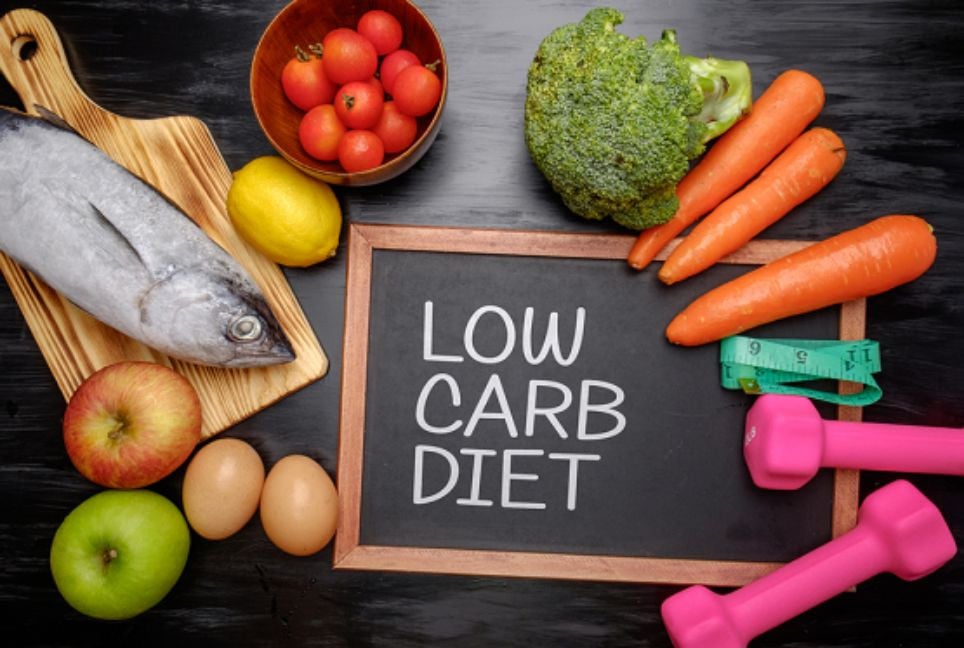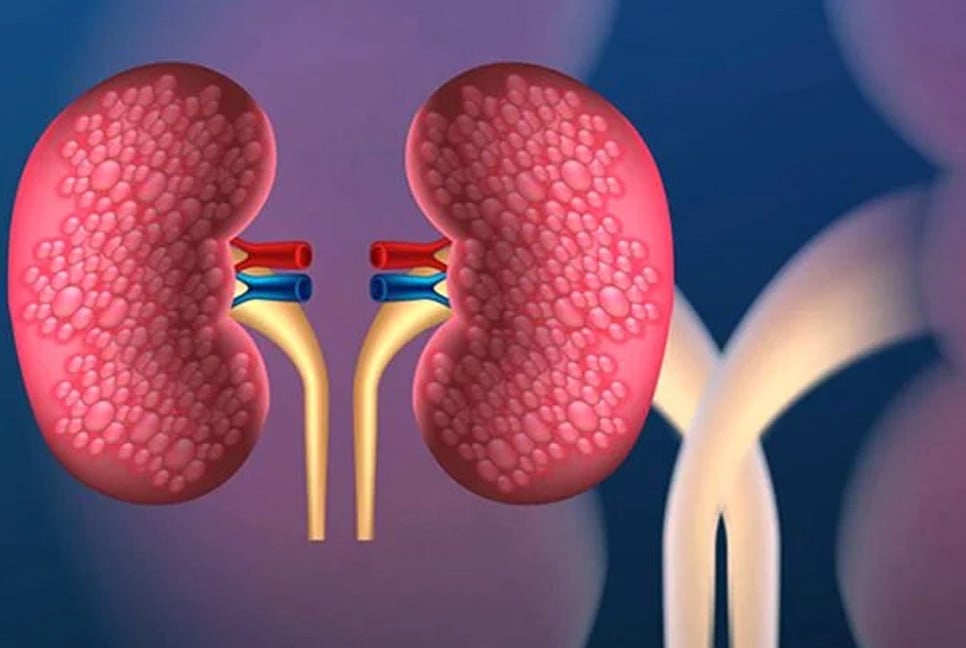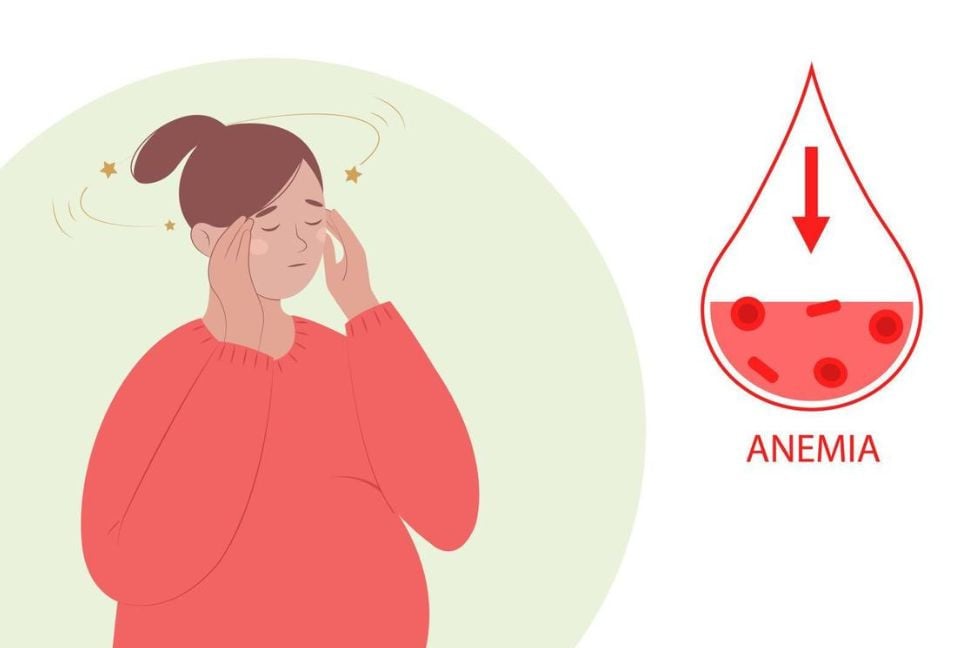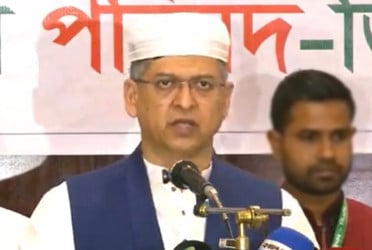Low-carb diets have become popular for managing Type 2 diabetes and obesity, but critics argue that cutting carbs can lead to nutrient deficiencies. A new study, however, shows that well-planned low-carb diets can be nutritionally complete and sustainable.
Breaking down the study
Published in Frontiers in Nutrition, the study was led by researchers from Simply Good Foods USA, Inc. and the University of Vermont. It tested three seven-day meal plans with varying levels of carbohydrate restriction: VLCD20 (Very Low-Carb, 20 grams of net carbs per day) for those entering ketosis, VLCD40 (Moderate Low-Carb, 40 grams per day) offering flexibility while maintaining benefits, LCD100 (Liberal Low-Carb, 100 grams per day) as a more sustainable option.
These plans were compared to the recommended 130 grams of carbs per day, analyzing their ability to meet essential nutrient needs.
Debunking the nutrient deficiency myth
While low-carb diets are often criticised for lacking vitamins and minerals, the study found that all three plans exceeded nutrient recommendations, including vitamins A, C, D, E, K, B-complex, and minerals like calcium, zinc, and magnesium. Dr. Beth Bradley from the University of Vermont stated, "Low-carb eating patterns can improve diet quality and close nutrient gaps."
Fibre and low-carb is possible
Another misconception is that low-carb diets lack fibre, but the study showed fibre intake remained strong, especially in the moderate and liberal plans. Dr. Bradley explained, “Fibre-rich foods like vegetables, nuts, seeds, and certain fruits can be included while keeping net carbs in check.”
The role of fats in a low-carb diet
Low-carb diets typically replace carbs with fats, and while there are concerns about fat intake, the study found healthier fat balance compared to the average American diet. The omega-6 to omega-3 fat ratio improved significantly, and fats from whole foods, like dairy and coconut oil, are healthier than processed sources.
Protein
All three meal plans exceeded the minimum protein recommendations, helping preserve muscle mass during weight loss and supporting healthy aging.
Sodium vs potassium
While sodium intake exceeded guidelines slightly, the sodium-to-potassium ratio in the meal plans was much better than typical diets, improving heart health.
Who benefits most from a low-carb diet?
Low-carb diets met nutritional needs for most adults, especially middle-aged women. However, younger women may need extra iron, and older adults might require more calcium.
In conclusion, this study challenges the belief that low-carb diets are nutritionally deficient. Thoughtful planning with whole, nutrient-dense foods can make low-carb diets sustainable and effective for managing conditions like Type 2 diabetes and obesity.
Source: Hindustan times
Bd-pratidin English/Fariha Nowshin Chinika


































































